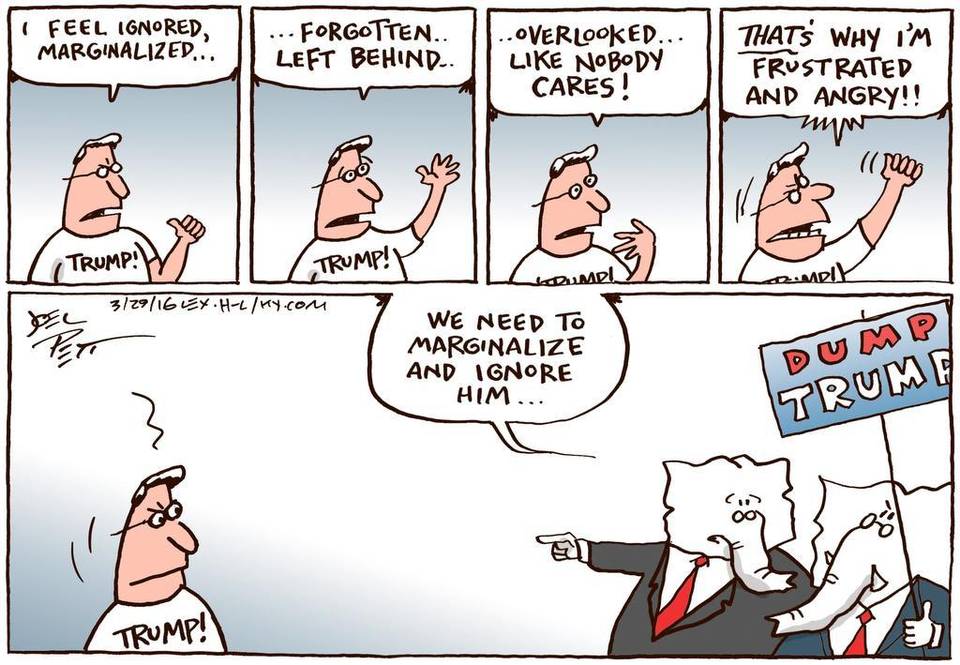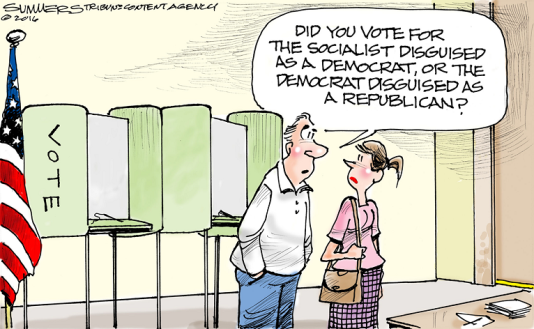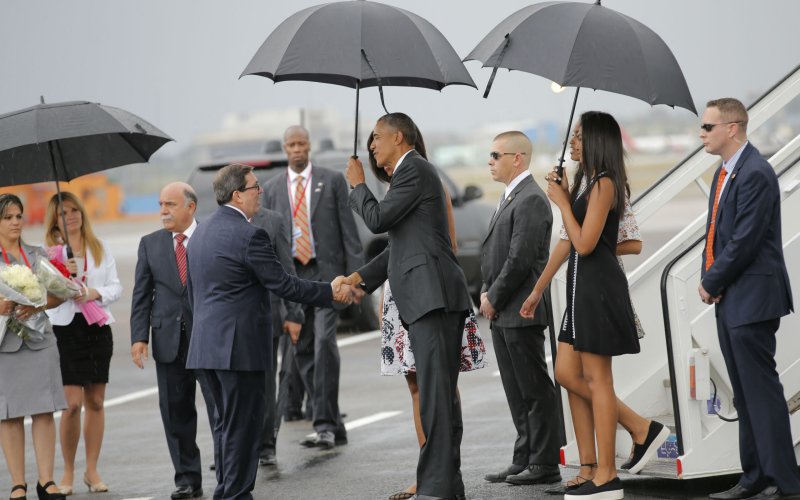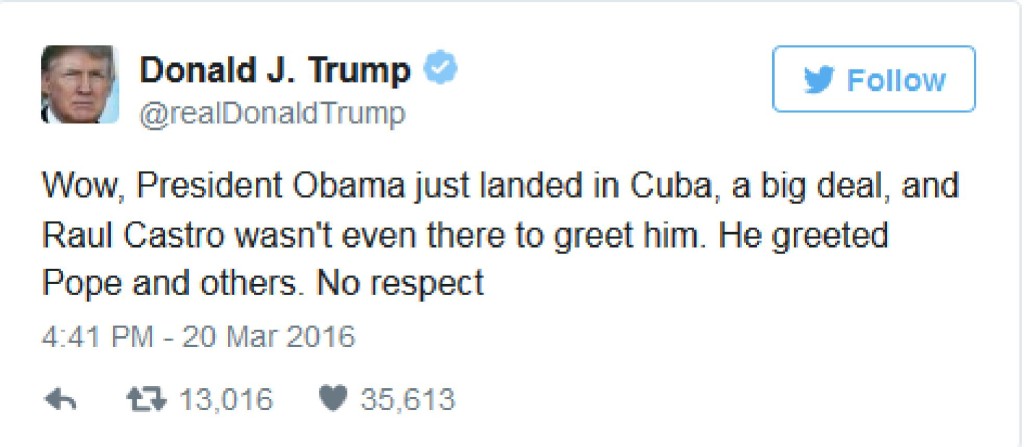Over the next few months, Wrongo will be writing an extended series of columns about the 2016 presidential election, called “The Pant Suit vs. The Pant Load”.©
The starting premise is that Hillary Clinton will be the Democratic nominee, and whoever gets the Republican nomination will be the designated Pant Load.
Pant Load #1 is of course, The Donald. Pant Load #2 is Ted “Canada” Cruz.
That leaves Pant Load #3, House Speaker Paul Ryan, who today’s NYT tells us, is running very fast, all the while saying he is not interested. It says a lot about the leadership of the GOP when their leading candidates for the Presidency make Paul Ryan look like a good idea.
Some Republicans who are hoping for a more “moderate” answer to Pant Loads #1 and #2, think that Ryan, possibly with Rubio as his VP candidate, will turn 2016 into a GOP presidential win. However, anyone who thinks that Paul Ryan is a moderate, needs to take the time to read what his plans are for programs like Social Security, Medicare, Medicaid and tax reform. He would rip up the social contract and shred the safety net, leaving us in a societal Hobbesian nightmare.
Anyway, the GOP is very nervous, and possibly for good reason. Pollster Stan Greenberg has evidence that groups that were core to the Obama wins are now becoming much more engaged than they were in 2015. A few of Greenberg’s findings:
- The GOP civil war is producing an eye-opening number of Republicans ready to punish down-ballot candidates for not making the right choice with respect to how to run in relation to the front-runner. Moderate Republicans are already peeling off
- The focus groups with white unmarried women, millennials and African Americans showed a new consciousness about the stakes in November. In this poll, the percentage of Democrats giving the highest level of engagement has increased 10 points
- The result is that the country might be heading for an earthquake election in November.
An “earthquake election.” Take all that with a grain of salt, since his firm (which includes James Carvelle) is very partisan. The survey took place March 17-24, 2016. Margin of error is +/-3.27 percentage points at 95% confidence. 65% of respondents were reached by cell phone.
So, the desperation is rising. Nancy Letourneau writes today about Grover Norquist’s plan to turn this around for the GOP:
Into this breach comes Grover Norquist with…what can I say…a “creative” solution. He has identified six new voting blocs that have developed over the last 30 years that won’t want Hillary Clinton in the White House. Between the lines, his contention is that she is just so out of touch with what is happening in the world that she’s missed them.
Here are Norquist’s six voting blocks that will challenge the Rising American Electorate:
- Home schoolers
- Charter school supporters
- Concealed-carry permit holders
- Fracking workers
- Users of e-cigarettes and vapor products
- Uber drivers
Norquist thinks the Republicans can tap these groups in order to stop Clinton in November. Wrongo isn’t sure, but Norquist’s ideas seemed to make more sense when we were at Burning Man on peyote. But now that our clothes are back on, it all seems dubious. This is micro targeting for no apparent gain.
For example, would a vaping Uber driver (with a concealed carry permit) who home-schools his/her children be Grover’s (and the GOP’s) ideal target? The size of that demographic approximates the number of American unicorns.
And who out there thinks that the home schooling bloc are not already voting Republican? Something like 95% of school-age kids are in traditional public schools, despite all the press that charter schools and homeschooling get, so we are not speaking of a huge demographic.
And how many fracking workers can there be? Aren’t most of them in Texas, and Oklahoma, not exactly swing states?
Those who have a concealed carry permit are most likely also already voting for the GOP.
Ya gotta love the smell of conservative desperation in the springtime.

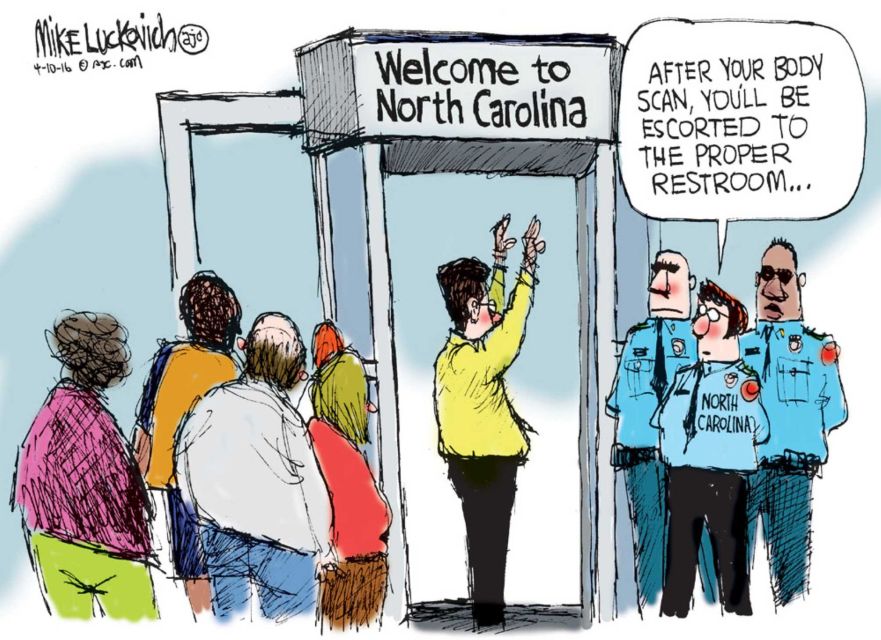
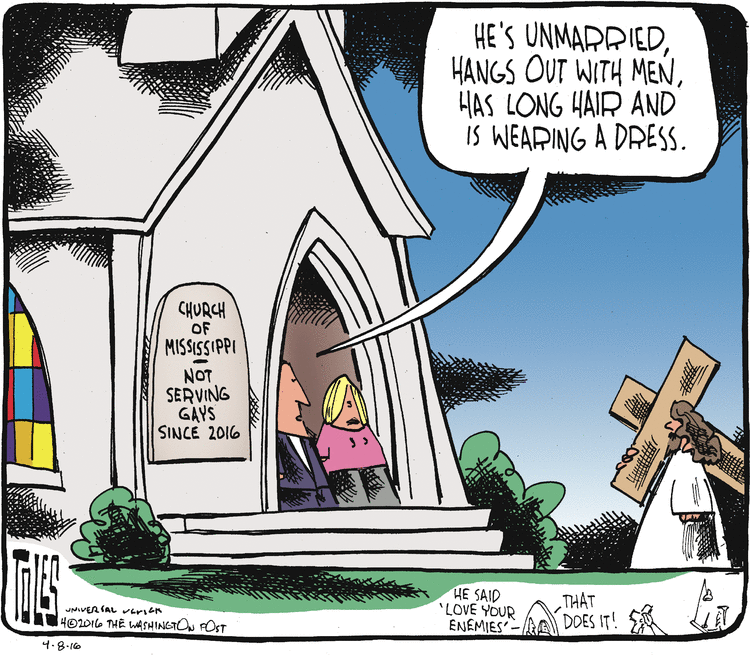
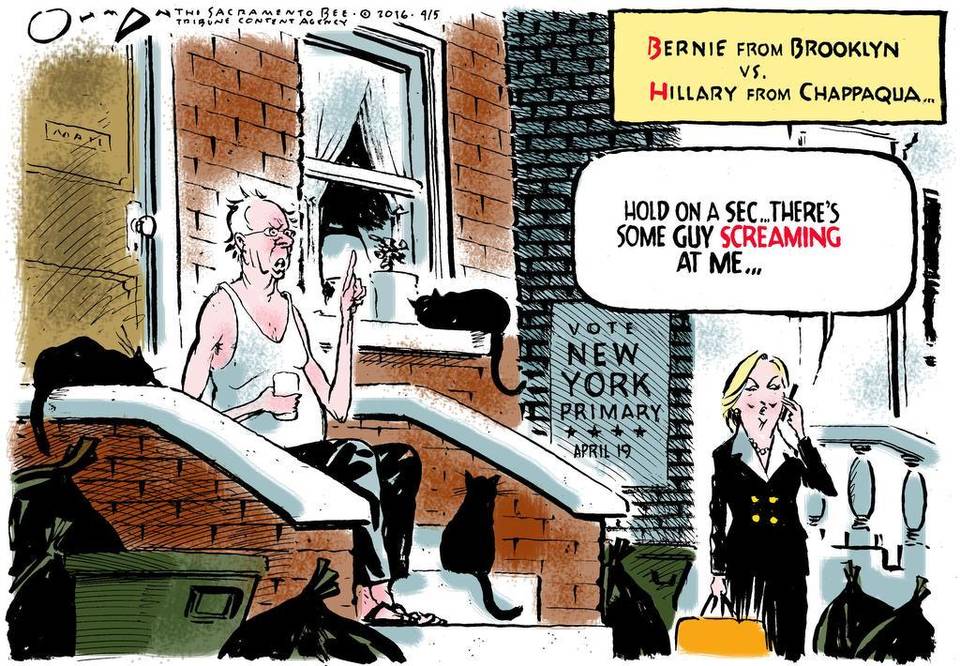
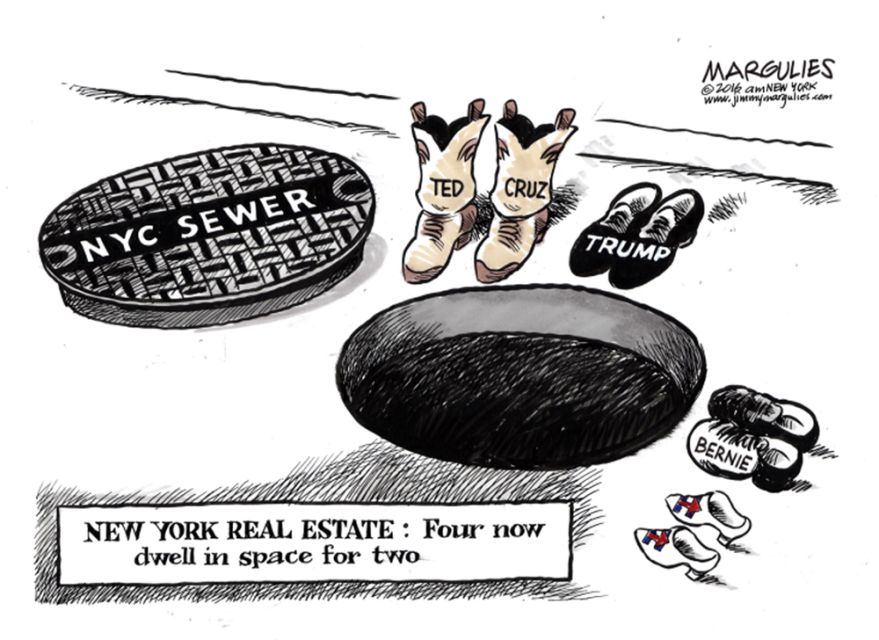


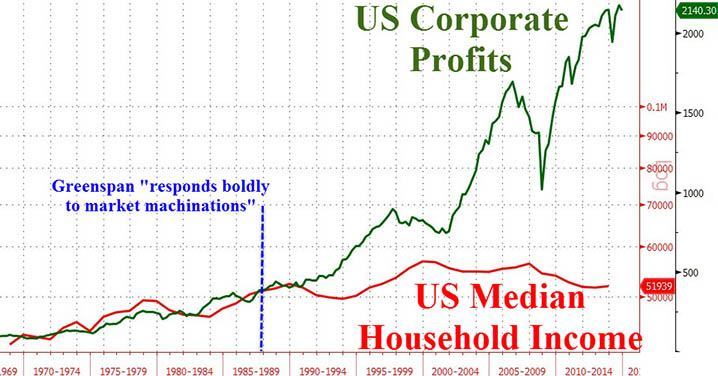

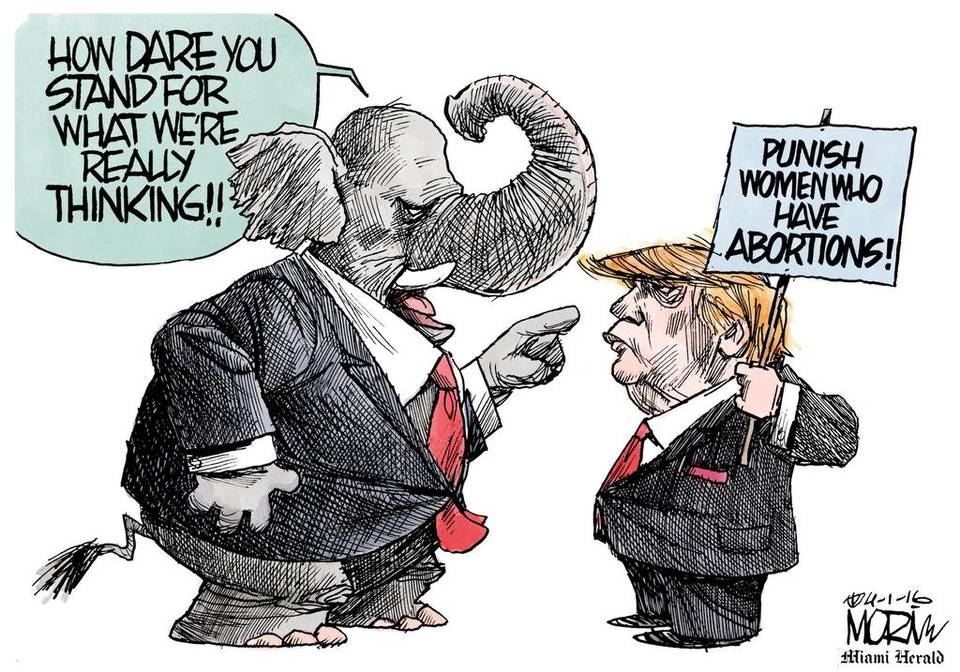 Ted and Don enter the Rut:
Ted and Don enter the Rut: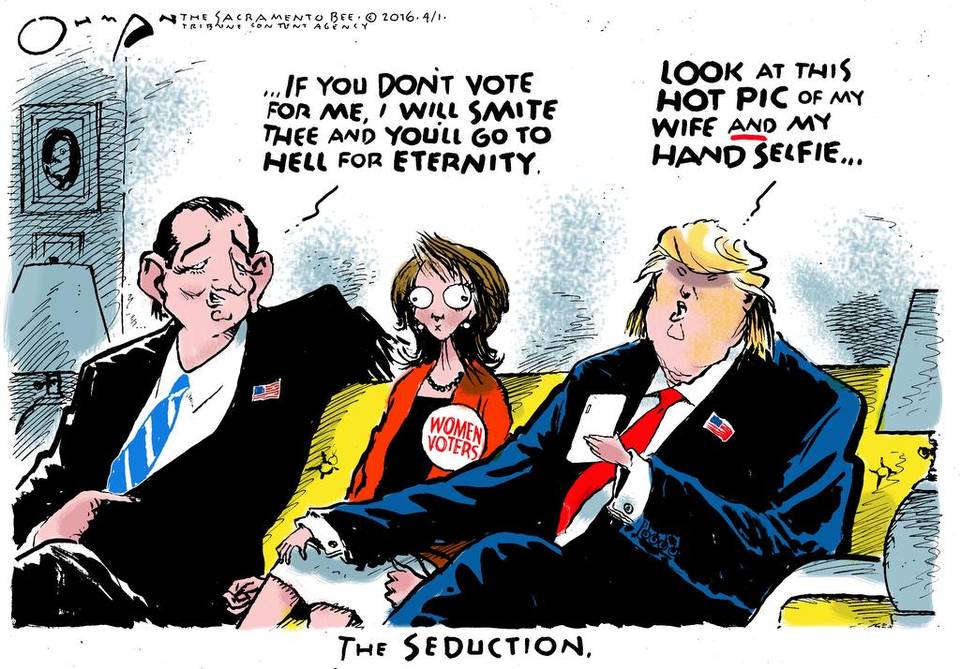 The GOPs self-fulfilling prophecy:
The GOPs self-fulfilling prophecy: